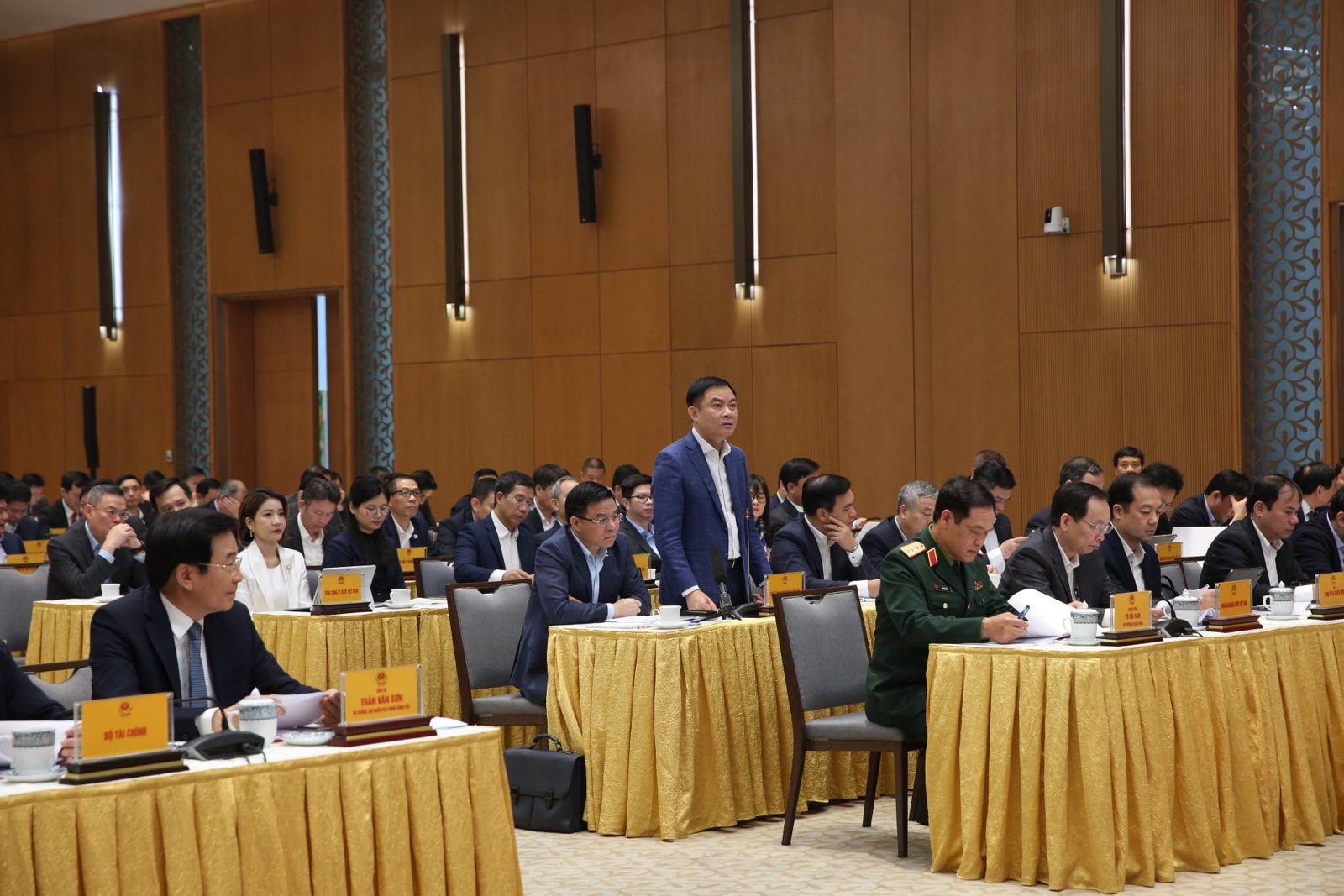
Vietnam’s state-owned enterprises (SOEs) are seeking increased autonomy and regulatory reforms to accelerate investment, enhance competitiveness, and contribute to the government's ambitious 8% GDP growth target by 2025.
At a government conference on February 27, SOE leaders emphasized the need for clearer decentralization policies and more flexibility in executing major projects.
Petrovietnam CEO Le Ngoc Son affirmed that by the end of 2025, the company will have fully met and exceeded all 13 key targets of its five-year plan.
He projected a minimum 15% investment growth compared to 2024. Son emphasized that Resolution 38 of the government has created new development opportunities, but urged authorities to swiftly translate these guidelines into specific policies and financial regulations to unlock further growth.
He also proposed a clearer decentralization framework in the draft Law on State Capital Management and Investment, allowing enterprises more decision-making power based on absolute figures or capital percentages.
Additionally, Son suggested that the Prime Minister authorize PetroVietnam to make key decisions in oil and gas exploration without lengthy bureaucratic approvals.
EVN CEO Nguyen Anh Tuan stated that electricity demand is expected to rise by 12-13% in 2025, aligning with the national 8% GDP growth target.
To meet this demand, EVN has planned 253 new power grid projects, including major developments like the Hoa Binh Hydropower Expansion, Quang Trach I Thermal Power Plant, and key 500kV transmission lines.
Tuan urged the government to accelerate institutional reforms to create a more flexible investment climate for SOEs.
He also suggested adjusting investment decentralization policies, as most of EVN’s projects exceed VND 5 trillion ($200 million) and require greater autonomy in financial decision-making.
Vinachem Chairman Phung Quang Hiep reaffirmed that the Vietnam National Chemical Group has aligned its growth strategies with the government’s 8% GDP target and is preparing for double-digit growth from 2026 to 2030.
To achieve this, Vinachem is focusing on industrial chemicals, particularly semiconductor-related materials and high-performance rubber for high-speed rail applications.
Hiep also called for urgent government intervention in resolving relocation issues for six factories in Bien Hoa Industrial Park 1, stressing that the lack of a clear relocation plan threatens Vinachem’s overall business performance.
TKV CEO Vu Anh Tuan proposed eliminating mandatory mineral mining auctions to accelerate the approval of exploration and extraction licenses, particularly for key resources in Lao Cai, Lam Dong, and Dak Nong.
He also recommended legal amendments that would grant SOEs greater self-governance and accountability, ensuring a more efficient allocation of capital and resources.
SOE leaders agreed that unlocking greater autonomy and regulatory flexibility would allow state-owned enterprises to play a leading role in Vietnam’s economic expansion, driving investment in energy, infrastructure, and high-tech industries.
Nguyen Le